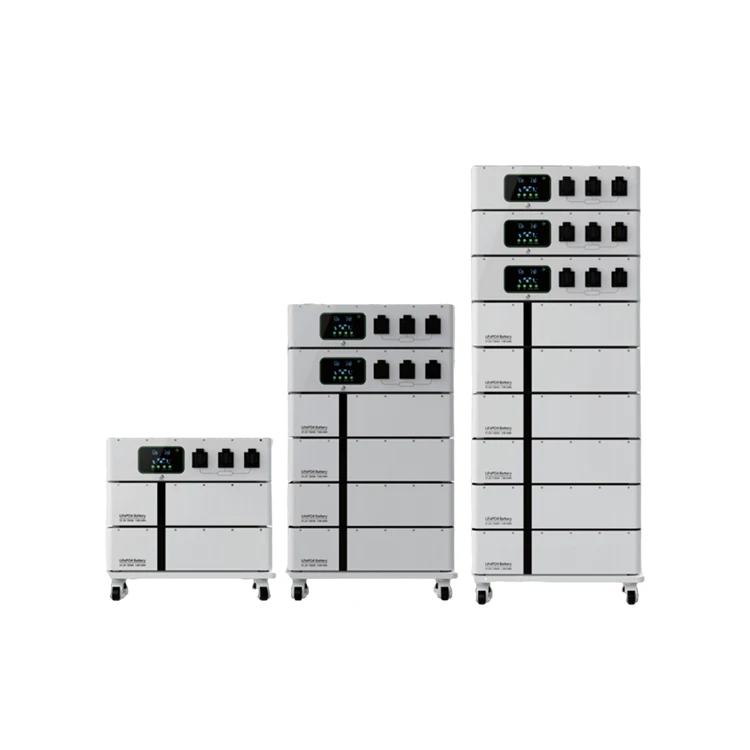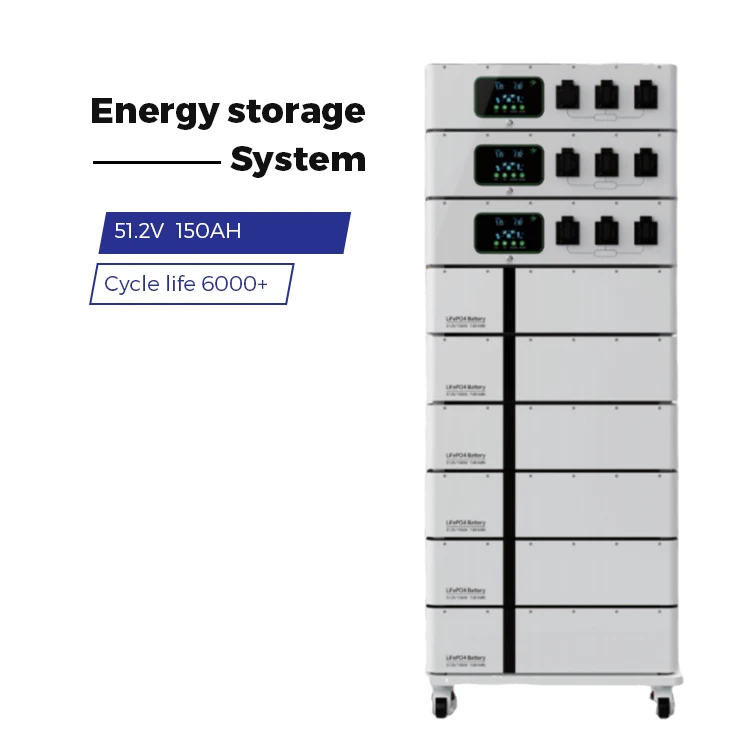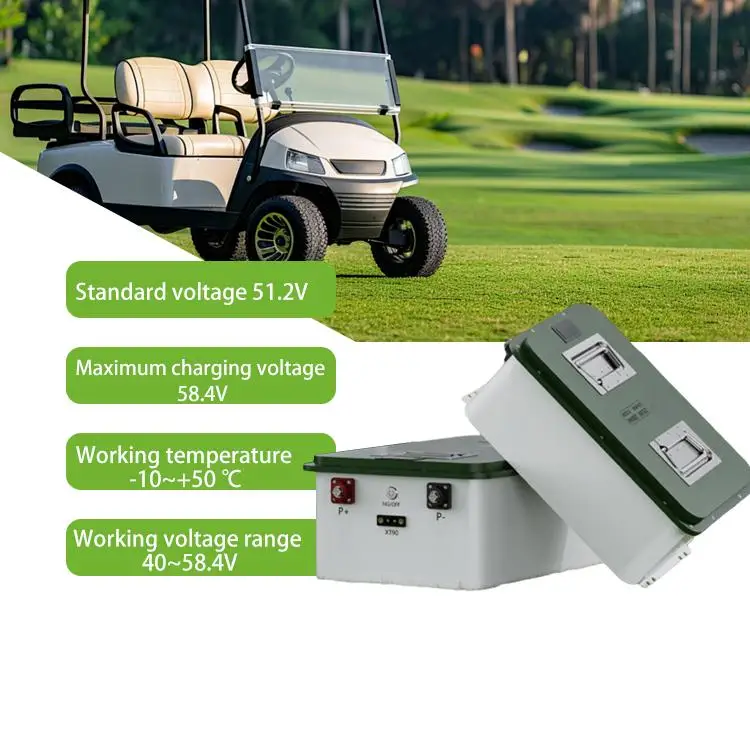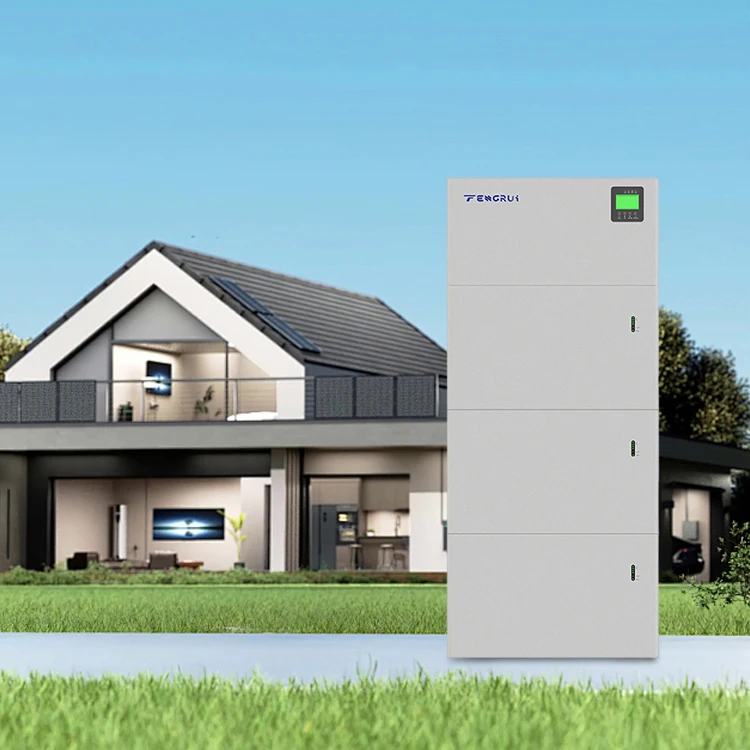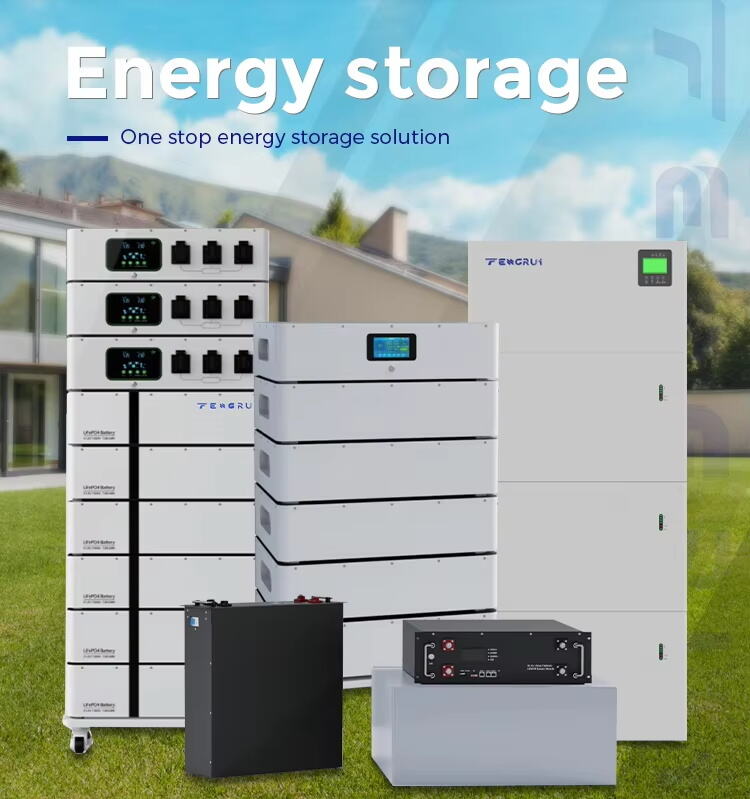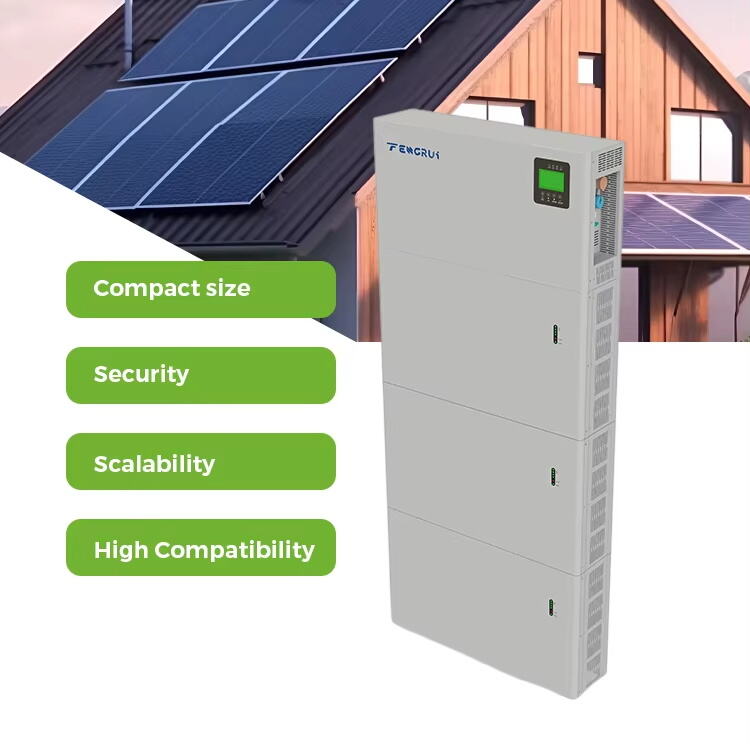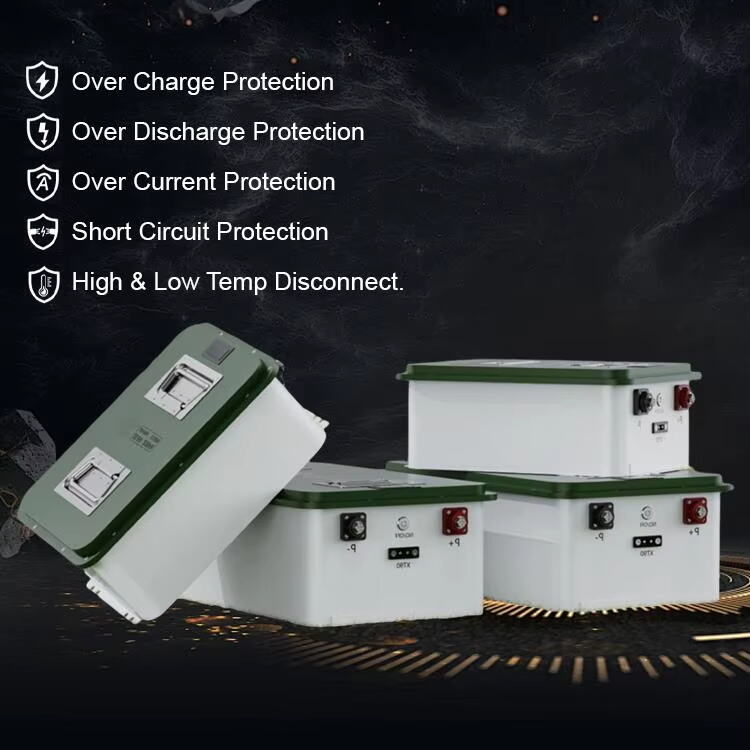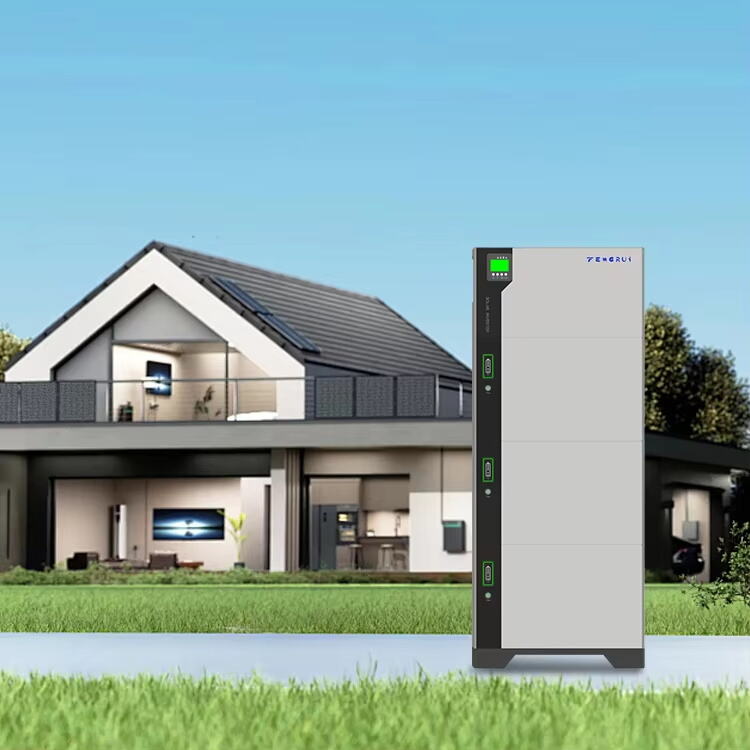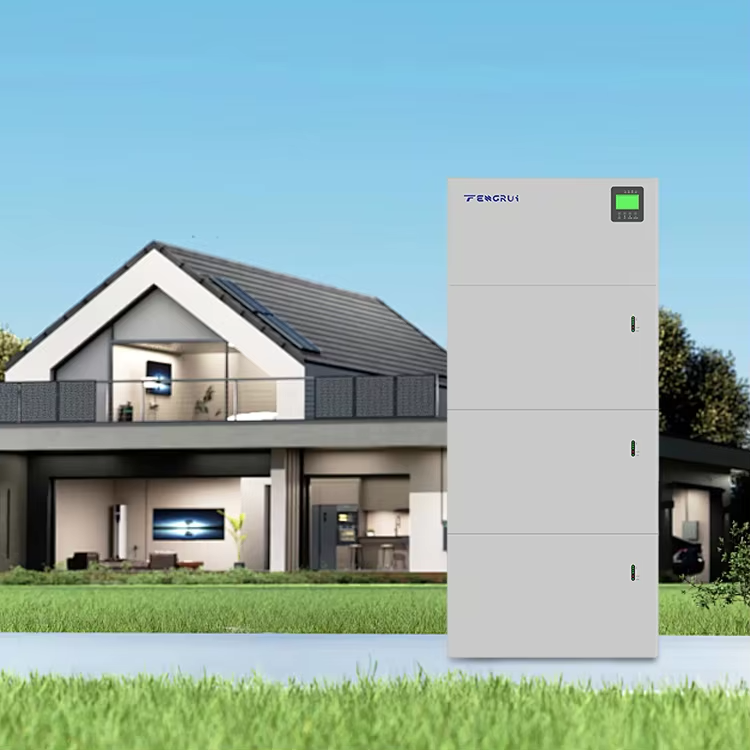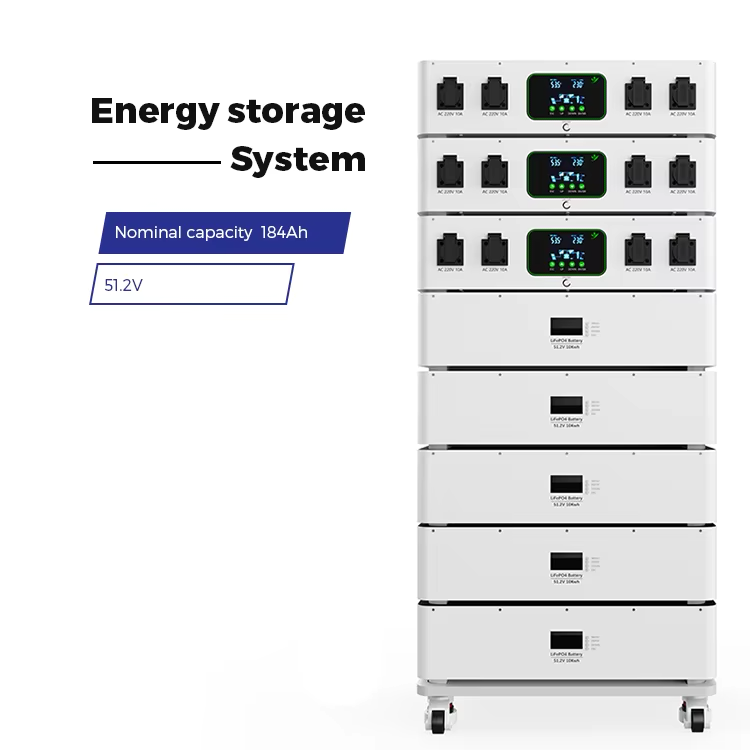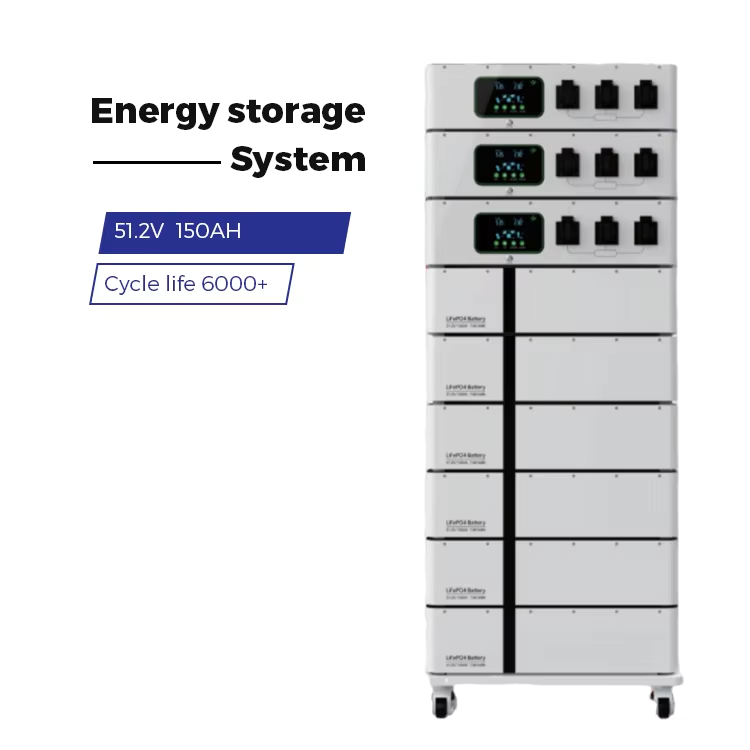solar power and battery storage
Solar power and battery storage systems represent a revolutionary advancement in renewable energy technology, combining solar panels' power generation capabilities with sophisticated energy storage solutions. These integrated systems capture solar energy during daylight hours through photovoltaic panels and store excess power in advanced battery units for use during nighttime or cloudy periods. The technology employs smart inverters that convert solar-generated DC power to usable AC power while managing the charging and discharging cycles of the battery system. Modern installations typically feature lithium-ion batteries, known for their high energy density, long cycle life, and rapid response times. These systems can be scaled from residential applications, typically ranging from 5-15kW, to commercial installations exceeding 100kW. The integration of smart monitoring systems allows real-time performance tracking, energy consumption analysis, and remote system management through mobile applications. Advanced systems also incorporate weather prediction capabilities to optimize energy storage and usage patterns, ensuring maximum efficiency and reliability. The modular nature of these systems enables easy expansion as energy needs grow, while built-in safety features protect against overcharging, overheating, and electrical surges.

